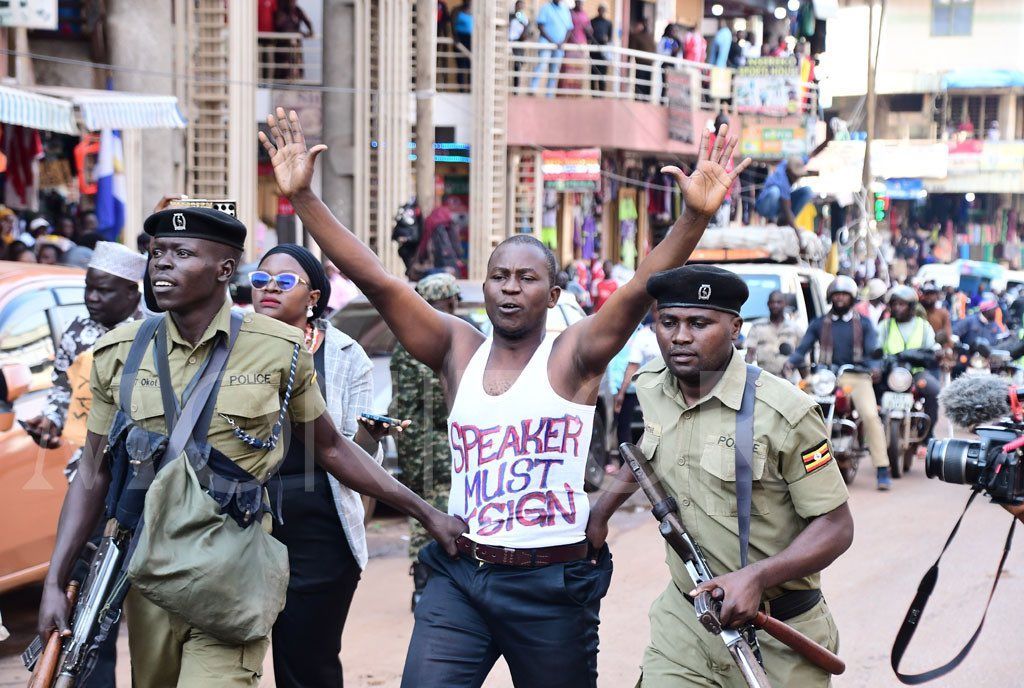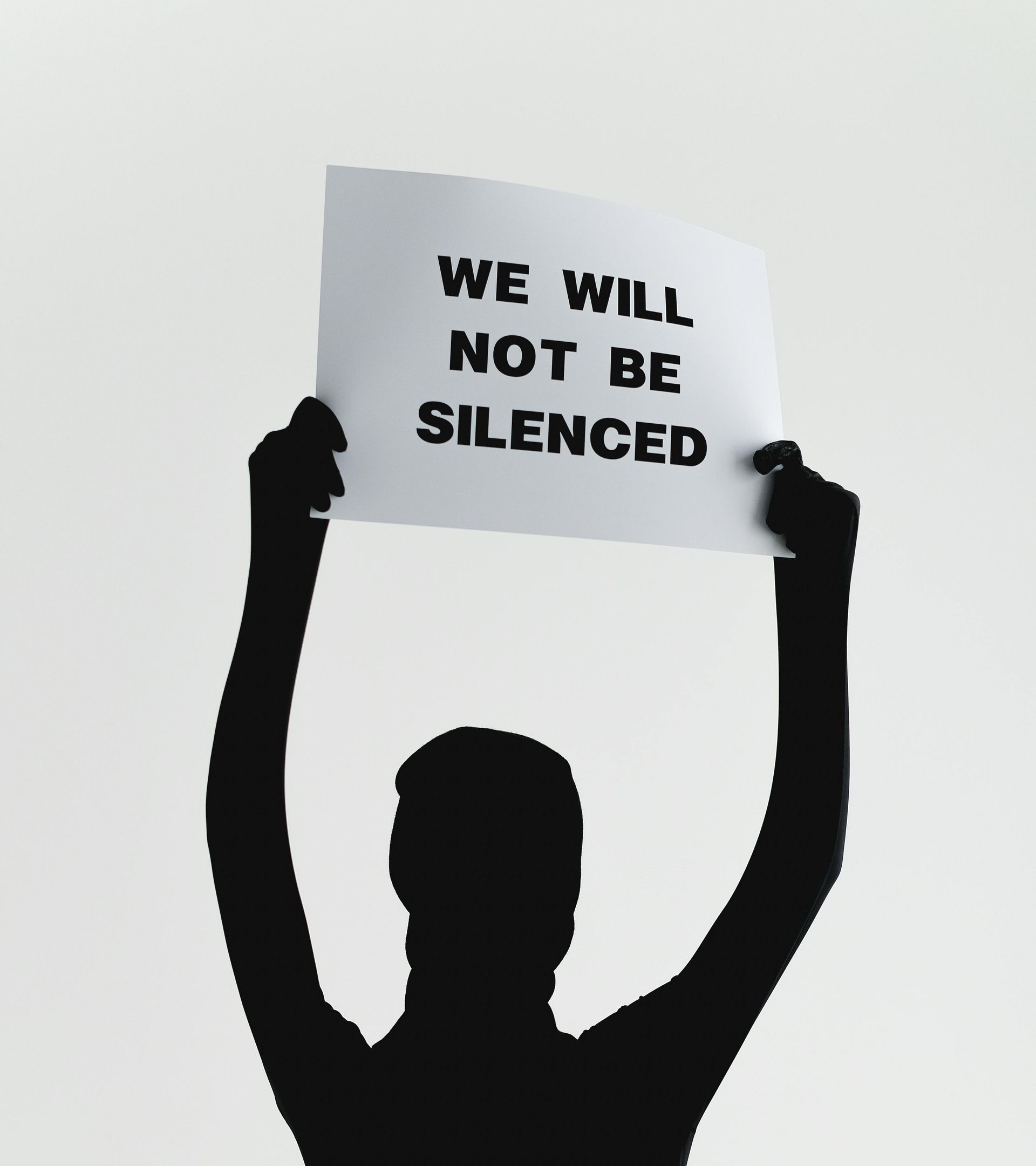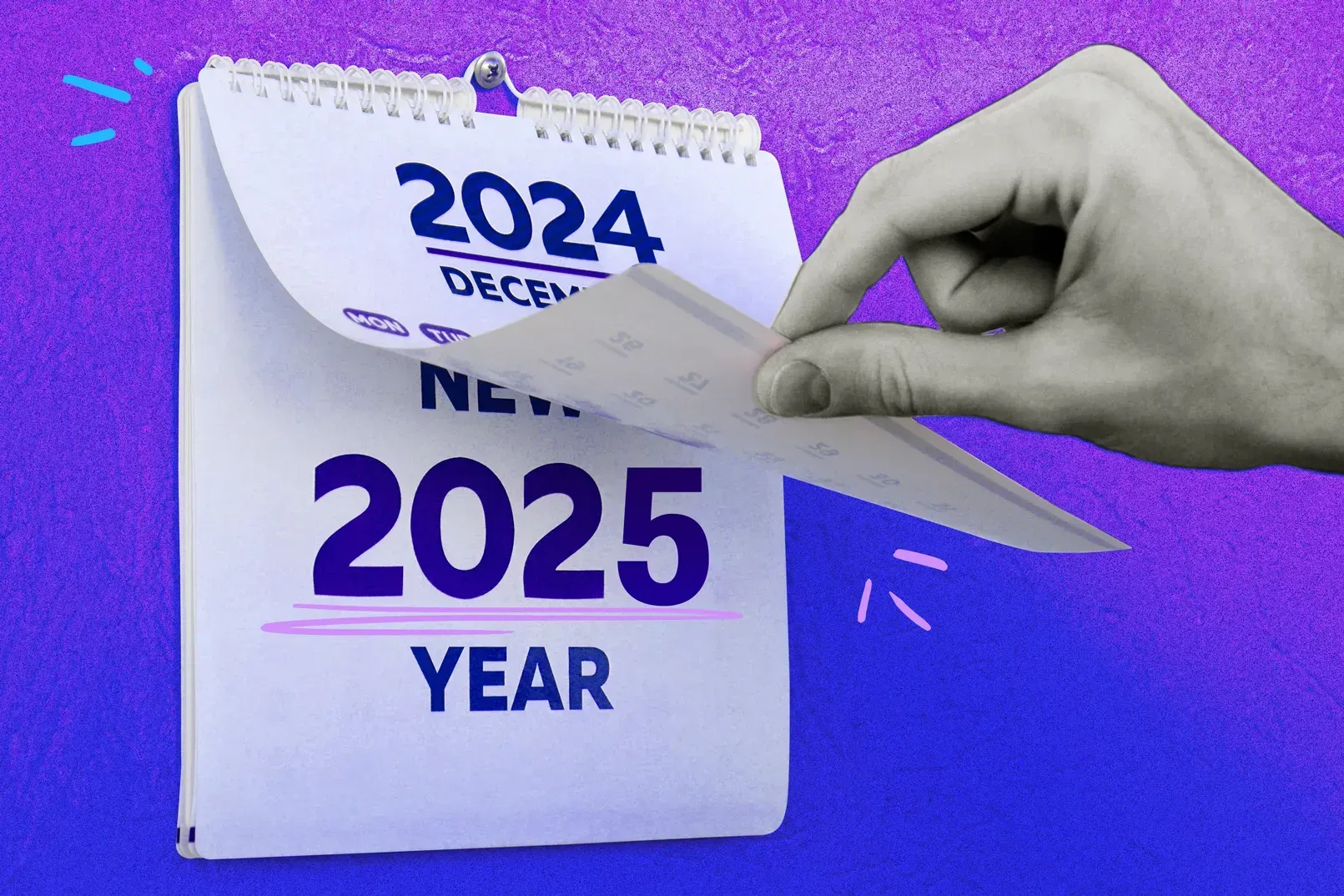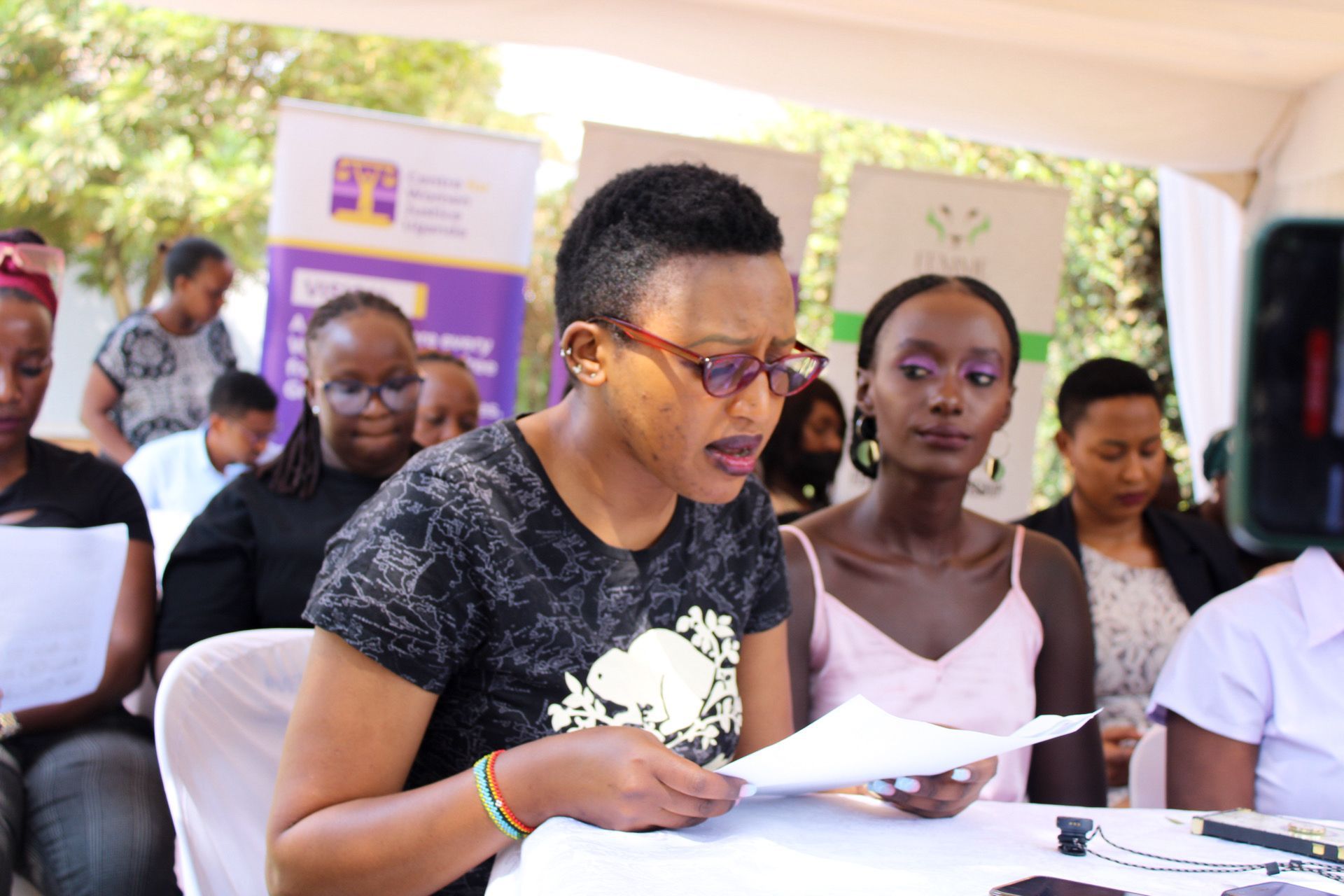IT SHOULD BE TOO EXPENSIVE TO STEAL!
“Someone will ask, ‘Will it pay?’ If it will, one will steal. If it won’t pay, one won’t steal. It should be too expensive to steal. This is why corruption is happening on a grand scale. They must steal enough to stay out of jail.” - Auditor General John Muwanga, May 31, 2013
The catalyst for the current #March2Parliament protests is a series of high-profile corruption scandals that have exposed the misuse of public funds by top government officials; the most egregious allegations involving the Speaker of Parliament, Anita Among. The Speaker and a number of her staff are accused of breaching parliamentary rules by using private bank accounts to withdraw enormous amounts of money between April 2023 and January 2024, supposedly for Among’s official work including outreach, community projects, and expenses. Journalists also allege that Among oversaw the distribution of more than Shs1.7 billion in 2022 as “service awards” for parliamentary commissioners, who oversee spending and salaries in Parliament. (Wepukhulu, 2024)
The #March2Parliament protests have articulated seven demands: the resignation of Anita Among as Speaker of Parliament, reduction in the number of MPs, immediate resignation of implicated MPs pending investigations into corruption allegations, comprehensive lifestyle audits of MPs with public disclosure, reduction of MPs' salaries and allowances to 3 million, and unrestricted exercise of Ugandans' democratic right to peaceful assembly without obstruction.

Corruption remains a pervasive issue in Uganda, severely impacting its economy and governance. According to Transparency International's 2023 Corruption Perceptions Index, Uganda ranks 141st out of 180 countries, indicating widespread corruption within its public sector.
In 2021, the Inspectorate of Government, initiated research on the cost of corruption in Uganda which found that fully eradicating corruption is estimated to result in total societal savings of at least UGX 9.1 trillion. The current reality is public funds intended for vital services such as healthcare, education, and infrastructure are instead being siphoned off to enrich a few. Hospitals are left underfunded, resulting in inadequate medical supplies and services. Schools lack basic structures and educational materials, and the country's roads are riddled with potholes, making daily commutes treacherous. The average Ugandan, struggling to make ends meet, bears the brunt of these failures and their pain and anguish are palpable as they confront a system that has consistently failed to address their most basic needs.
The response from the government has been largely dismissive. Speaker Anita Among and other implicated officials have either ignored the allegations or labeled them as baseless rumors, and despite President Yoweri Museveni claiming to have evidence of corruption during his State of the Nation address in June, there have not been any efforts to bring the perpetrators to book.
"I have been hearing, but now I have proof. I have been hearing that from the ministry of Finance, they arrange with accounting officers of ministries to come to parliament. Working with some people there, to provide certain funds provided you take a share. I didn’t believe it but now I have proof.” (URN, 2024)
In a country where street protests are often met with heavy-handed responses from security forces, online activism has become a crucial tool for the anti-corruption movement. Previous campaigns such as the #UgandaParliamentExhibition campaign utilized social media to bypass traditional media restrictions and reach a broader audience. Ugandan youths are following the same script with #March2Parliament; using social media to not only mobilize numbers but also direct financial, legal and medical resources to whoever might need them.
At least 100 peaceful protesters were arbitrarily arrested on July 23rd when the protests first broke out, arraigned in court and remanded on charges of “causing common nuisance” and also being “idle and disorderly.” It should be noted that in 2022, The Constitutional Court nullified section 168 (1) (c and d) of the Penal Code Act that creates the idle and disorderly offence because it infringes on a number of constitutional provisions. (Independent, 2022)
The road ahead is indeed long and challenging, but the resilience and courage of youth activists offer a promising path forward in the quest for a corruption-free Uganda. This is a collective effort; it demands the participation of all. While civil society and feminist groups bring valuable expertise and resources to the table, every Ugandan must engage actively in this fight for transparency and justice.
Note: Phase II of the #March2Parliament is currently underway. Follow the hashtag on X (formerly Twitter) to lend your voice or expertise to the fight.
References:
- Wepukhulu, K. S. (2024, March 18). Champions of Uganda’s anti-gay law blame ‘homosexuals’ for corruption scandal. openDemocracy. https://www.opendemocracy.net/en/uganda-parliament-anita-among-corruption-scandal-politics/
- Inspectorate of Government. (2021). COST OF CORRUPTION IN UGANDA. https://www.igg.go.ug/media/files/publications/IG__cost_of_corruption_flier.pdf
- URN. (2024, June 6). Museveni: I have evidence of parliament, Finance corruption. The Observer - Uganda. https://observer.ug/index.php/news/headlines/81549-museveni-i-have-evidence-of-parliament-finance-corruption
- Independent. (2022, December 2). Constitutional court nullifies Idle and Disorderly law. The Independent Uganda: https://www.independent.co.ug/constitutional-court-nullifies-idle-and-disorderly-law/
Article by Baluka Hannah Stacey and Samantha Agasha










